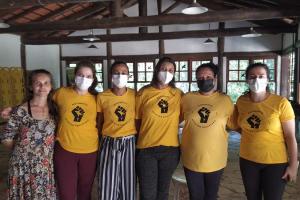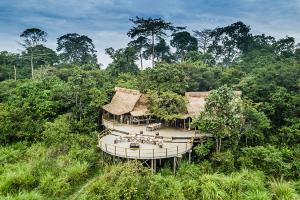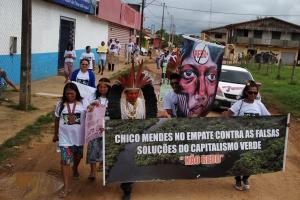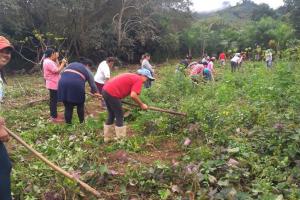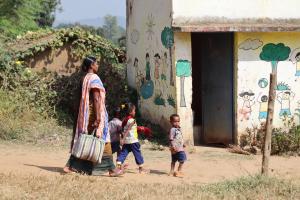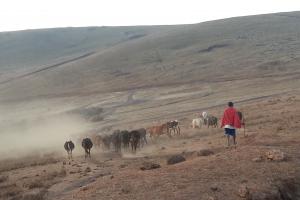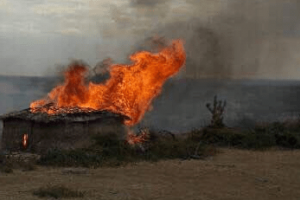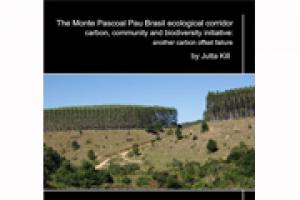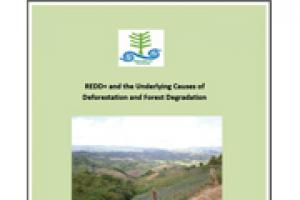Conservationist NGOs
The conservation model that conservationist NGOs like WWF, Conservation International and The Nature Conservancy promote excludes communities that have been living on the land often long before it was declared to be a “protected area.” This parks-without-people approach has led to increasingly militarized conservation areas and greater violence against communities in and around forests that have been declared as protected areas. Conservationist NGOs have entered into partnerships with corporations—including the world's largest oil and mining corporations—thereby transforming into an industry that propitiously greenwashes the image of these corporations.
The tens of millions of euros that the government of Acre received from the German government for its REDD+ program failed to stop deforestation. Despite this fact several Brazilian states continue to receive funds from the German government.
With the Covid-19 crisis, the initiatives of movements and collectives based on feminist economics have gained strength. Feminist economics leads us to reflect on the updated mechanisms of control, while continuing to affirm the capacity for resistance and reconstruction of bodies in movement.
Before, conservation organizations were focused on raising money to create protected areas in forests supposedly threatened with destruction; today, they constitute a bona fide transnational “industry” that manages and controls areas that go far beyond forests.
For the past eighty years, the Maasai have been displaced and dispossessed of their land, livelihoods, and more in Northern Tanzania, all under the guise of “conservation.” This article traces the origins of this dispossession through to present day struggles, calling for international solidarity.
Testimonies of community women impacted by carbon and forest conservation projects that today are included in the so-called Green Economy.
